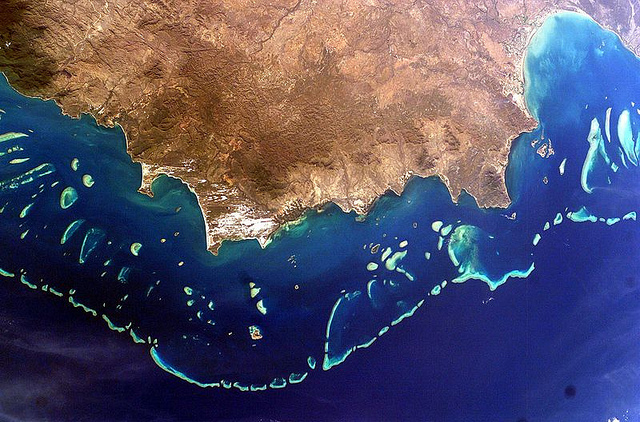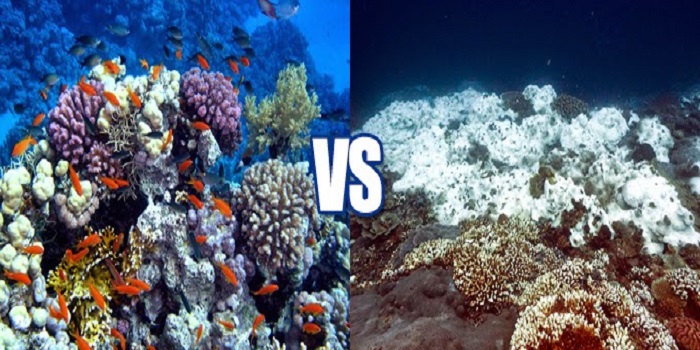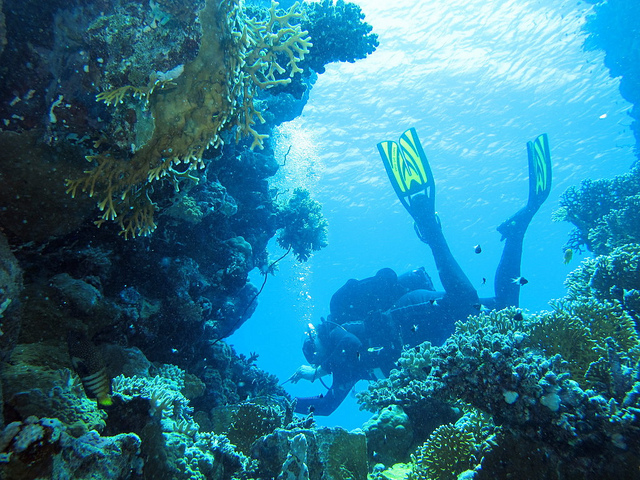
Through both media and academic study, the Great Barrier Reef has been frequently documented ‘under threat’. The publicly documented decline of reef health has led to this labelling, as a last chance tourism destination.

Last chance tourism works under the principle of ‘if they don’t go now, they may never see it’, seeking out dying ecosystems and landscapes. This year the Great Barrier Reef experienced one of the largest mass bleaching events induced from one of history’s strongest El Niño, combined with climate change, affecting 93 percent of coral coverage across the 1,200 mile long reef.
A study conducted by Annah Piggott-McKeller at the University of Queensland, published in the Journal of Sustainable Tourism, found that in 2015, nearly 70 percent of visitors at the Great Barrier Reef said that it was their last chance to see the diminishing ecosystem, and that this was their main reasoning for travelling to the World Heritage site.

The study surveyed over 230 individuals at hotspot locations on the Great Barrier Reef. Although this is few, in comparison to the vast number of tourists that visit the area, it is a baseline to start further study. The majority of respondents were concerned more so about the reef health and climate change, with moderate to low concern about the impacts of tourism and the industry itself. “Tourists do not associate their own travel to the reef with damage is a part of the paradox.”
Of course, the tour operators benefit from this, and it does improve local economy, but this has a paradoxical effect. The longer term effects of increased tourism on the reef itself, exacerbate the pressures inflicted on the vulnerable ecosystem. Piggot-McKeller states in her study that “it is the media who highlights and reports on these topics who have a responsibility to inform tourists about the potential ecological damage involved when visiting these areas.”
“Our research found in the media is where most people develop their perceptions of the Great Barrier Reef, I believe they hold much power to inform the general public of the threats facing tourist destinations and hopefully use that position to increase education and promote positive change,” states Piggot-McKeller.
It leads to the question, whether there is a threshold of when tourists and travellers see the reef and other dying ecosystems, as too far gone to visit. Further study on tourism trends in these destinations are required, in order to understand the potential effects, especially if mass bleaching events continue to persist, as has been predicted.
Image: Flickr, eutrophication&hypoxia (cc-by 2.0)
You want to support Anonymous Independent & Investigative News? Please, follow us on Twitter: Follow @AnonymousNewsHQ
This article (New Research Suggests We are Loving the Great Barrier Reef to Death) is a free and open source. You have permission to republish this article under a Creative Commons license with attribution to the author and AnonHQ.com.




